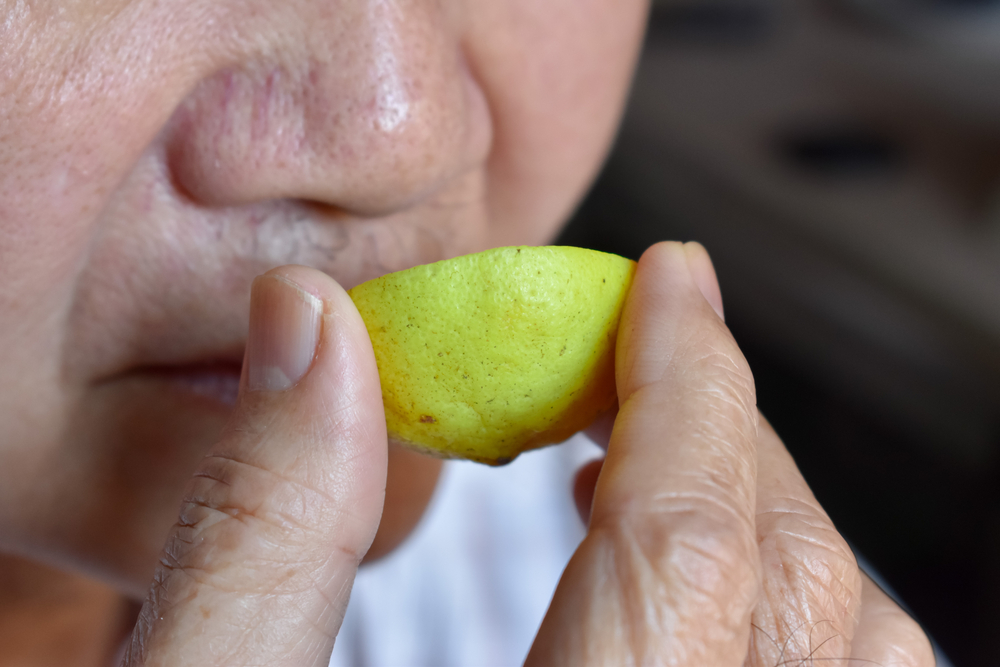Having our sense of smell and taste are two important abilities we often take for granted. However, especially for those who suffer from long COVID symptoms, there is no other option. The COVID-19 virus can affect people in different ways, and even long after contracting the virus, many people still report experiencing its side effects, including a lost sense of smell and taste. Thankfully, treatment is possible, with a few considerations in mind:
What Is Long COVID?
According to the World Health Organization (WHO), long COVID is “the continuation or development of new symptoms three months after the initial SARS-CoV-2 infection, with these symptoms lasting for at least two months with no other explanation.” Although exhaustion, shortness of breath, and cognitive impairment are frequent symptoms of long-term COVID, over 200 additional symptoms have been documented that may have an influence on day-to-day functioning. These symptoms include the loss of sense of smell or taste.
Loss of smell is one of the COVID-19 side effects that might last for an extended period of time. The majority of individuals who experience this symptom feel better within a few weeks, but for others, it may take much longer—even up to a year or more in many cases. One research found that around 25% of those who lost their sense of smell due to COVID were not able to regain it during the first 60 days after recovering from the disease.
Long COVID Treatment Options
In spite of the fact that there are a great number of symptoms relating to long COVID, such as persistent tiredness, brain fog, shortness of breath, coughing, and headaches, Southwest Pain Management seeks to provide relief for at least two symptoms that affect daily living, which are either the loss of smell or taste.
Anosmia, or a lost sense of smell, is a common symptom of long COVID, which affects a lot of individuals. It is possible for a person’s sense of smell to be impacted even after COVID-19 has passed and even in the absence of nasal congestion. This is because the dysregulation of specific neurological systems that are involved in one’s sense of smell may have been affected by symptoms from contracting the virus.
With this in mind, Southwest Pain Management recommends a stellate ganglion block (SGB) for patients with long-term COVID symptoms such as anosmia or parosmia. This procedure involves injecting an inhibiting anesthetic into the sympathetic nerves that are located around your head and neck. This “resets” or corrects the sympathetic nerves, allowing you to restore your sense of smell. An SGB may also be effective in providing relief for other associated conditions, such as lost taste when used in certain circumstances.
Overcome Long COVID at Southwest Pain Management
Experience relief from long COVID symptoms by seeking treatment at Southwest Pain Management. With the help of Dr. Groysman and his professional team, it is possible to recover from certain long COVID effects that interfere with your day-to-day life. Contact us today to book a visit with us.




